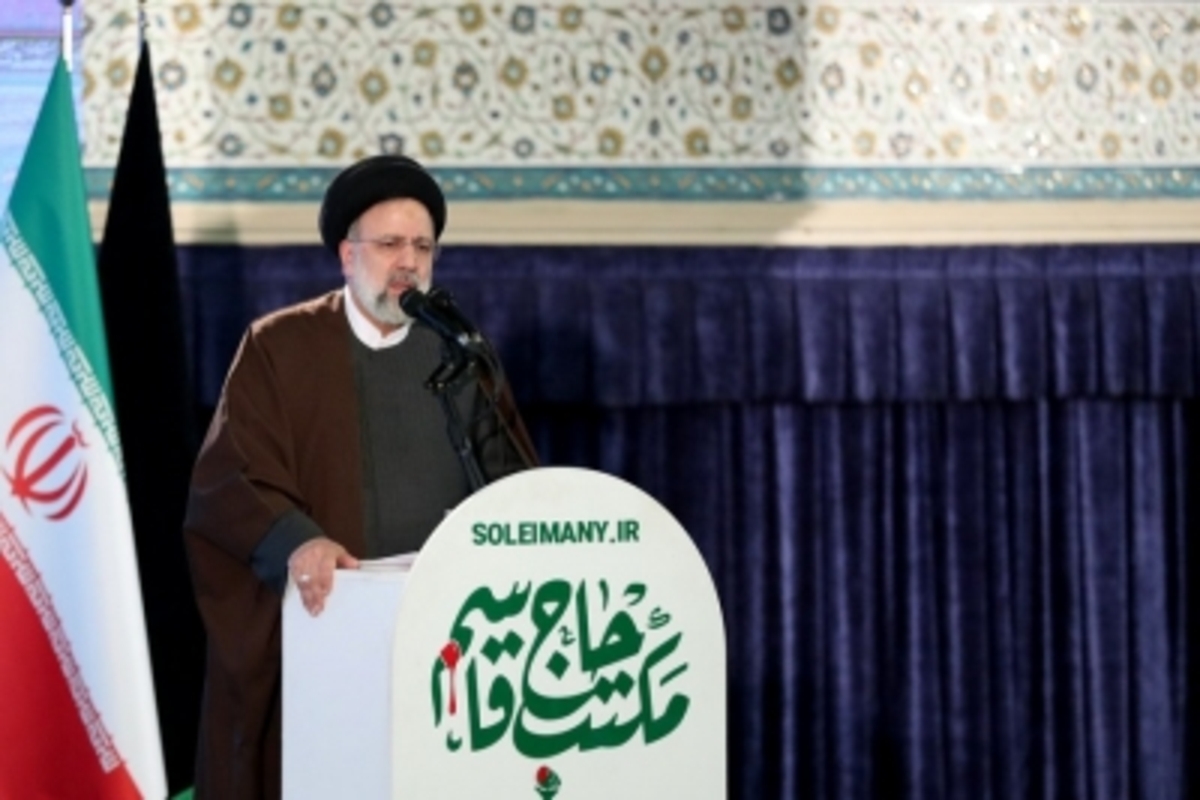The ongoing protests across Iran have seriously undermined the legitimacy of the Islamic Republic’s religious-political establishment. The anger against an increasingly repressive government that erupted in September following the death of a 22-year-old Kurdish woman, Mahsa Amini, who was arrested for allegedly not wearing the hijab ‘properly’, has since boiled over.
Demonstrations which began in front of the hospital where she died while in the custody of Iran’s morality police have spread across the country with nearly 100 cities big and small ~ including many hitherto considered bastions of the Islamic regime including Qom, Naziabad, and Fallah ~ roiled by almost daily face-offs between the authorities and protestors.
Advertisement
A Norway-based human rights organisation has said security forces have killed at least 326 people so far, including 43 children. Tehran’s ruling dispensation seems to believe it can ride out the storm, with the use of heavy-handed policing and disproportionate violence if required. The fact that most of the outside world, especially the West, has long been disengaged from Iran makes the regime immune, to a large degree, from outside pressure. But it is the dissonance within the ranks of the ruling class, which is slowly but surely coming to the surface, that provides a glimpse into how the end-game may play out.
There is, of course, still no way of ascertaining whether the cracks which have opened up within the ruling elite will actually lead to a significant change in the character and composition of the regime which has been ensconced in power since the 1979 revolution.
But, as a respected commentator on Iranian affairs Professor Ismail Sari told The New Arab portal: “While some members of the regime continue to believe it is necessary to act brutally to prevent protests from gaining (further) momentum, others feel that violence against protesters doesn’t work and the protests will only come back bigger and stronger.”
Other voices of concern and dissent have also emerged within the ruling elite, reports say, suggesting that the regime is not as monolithic as many have understood it to be. Iranian Supreme Leader Ali Khamenei’s own envoy to the nation’s university system, the cleric Mostafa Rostami, for example, is reported to have admitted in a recent speech ~ “We have to acknowledge there are a number of fundamental problems in our society.”
Speaker of Parliament Mohammad Bagher Ghalibaf has added his voice to those of other dissenters, saying, “legitimate and necessary changes would begin to establish a new kind of governance in economic, social, and political areas within the framework of the Islamic Republic”.
Leading politician and former Speaker Ali Larijani, meanwhile, has called for a rethink on the policy of the mandatory, morality police-enforced hijab for women in public. That even the government-controlled Setareh-e Sobh newspaper published a statement by influential cleric Mohammed Ali Ayazi in which he questioned Tehran’s official narrative ~ that a “foreign enemy” is behind the protests ~ is perhaps a sign of things to come.
The fact that it is influential Iranians that are raising their voices, rather than appealing to well-meaning but often clueless outside forces to intervene, is cause for hope.









